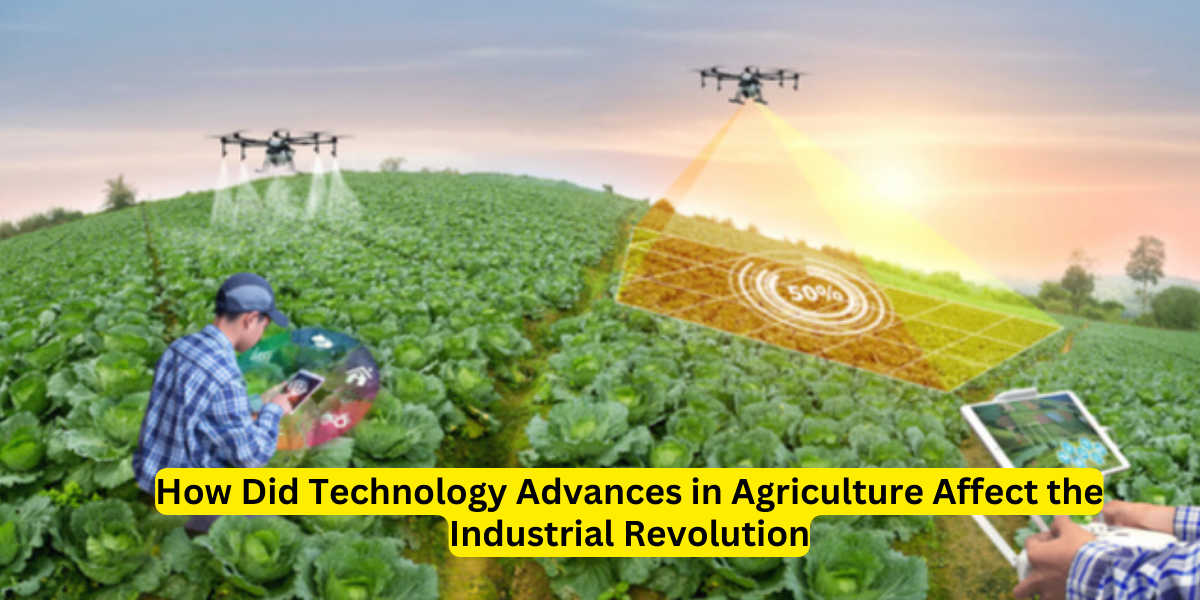The Agricultural Revolution that unfolded in the 18th century had profound implications for the subsequent Industrial Revolution. In this article, we will delve into how technology advances in agriculture played a pivotal role in shaping the course of history.
Early Agricultural Practices
Before we explore the impact of technological advancements, let’s briefly examine the agricultural landscape before the Industrial Revolution.
Traditional Farming Methods
In the pre-industrial era, farming was primarily manual labor, with simple tools and techniques employed for cultivation. Farmers relied heavily on human and animal power. kingfeast.uk
The Role of Crop Rotation
Crop rotation, a practice where different crops were planted in alternating seasons, helped maintain soil fertility. This method dates back to ancient civilizations.
Technological Advancements in Agriculture
Fast forward to the 18th century, and we see significant innovations in agriculture that laid the groundwork for the next mobile ajman Revolution. The introduction of improved plows and machinery, such as the seed drill, revolutionized farming. These advancements allowed for more efficient and productive agricultural practices. infobeast.uk
The Enclosure Movement
The enclosure movement involved consolidating small, scattered land holdings into larger, more efficient farms. This not only increased agricultural output but also displaced many rural workers who later became part of the urban workforce.
Urbanization and the Factory System
With an increasing number of displaced farmers seeking employment, cities saw rapid growth. This urbanization set the stage for the Industrial Revolution. The development of factories and the use of machinery in manufacturing transformed production processes and led to increased industrialization. chieftown.uk
The Role of Agriculture in Industrialization
Agriculture played a vital role in supporting the growing urban population and the industrial sector. As agriculture became more efficient, it could sustain the expanding cities, providing food and raw materials to fuel industrial growth. The surplus labor from agriculture found new employment opportunities in the emerging industrial sector, contributing to the labor force required for factories.
In conclusion, the technological advances in agriculture during the prelude to the Industrial Revolution were pivotal. They not only increased food production but also led to significant societal changes, such as urbanization and the growth of the industrial sector. These changes set the stage for the remarkable transformation known as the Industrial Revolution.
As we reflect on history, it’s clear that the next mobile Ajman, representing the latest advancements in technology, is another chapter in the ongoing evolution of our society. Just as agriculture changed the course of history in the past, technology continues to shape our future in remarkable ways.







